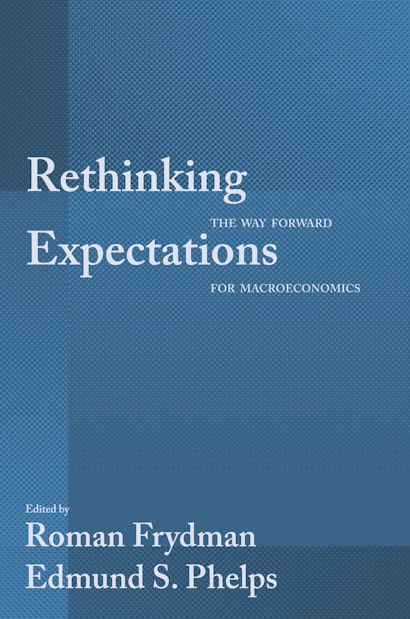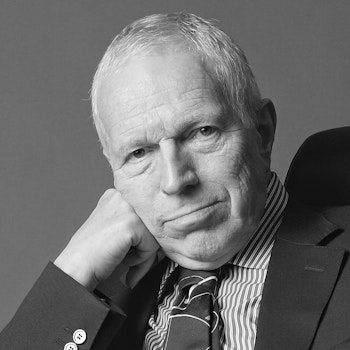This book originated from a 2010 conference marking the fortieth anniversary of the publication of the landmark “Phelps volume,” Microeconomic Foundations of Employment and Inflation Theory, a book that is often credited with pioneering the currently dominant approach to macroeconomic analysis. However, in their provocative introductory essay, Roman Frydman and Edmund Phelps argue that the vast majority of macroeconomic and finance models developed over the last four decades derailed, rather than built on, the Phelps volume’s “microfoundations” approach. Whereas the contributors to the 1970 volume recognized the fundamental importance of according market participants’ expectations an autonomous role, contemporary models rely on the rational expectations hypothesis (REH), which rules out such a role by design.
The financial crisis that began in 2007, preceded by a spectacular boom and bust in asset prices that REH models implied could never happen, has spurred a quest for fresh approaches to macroeconomic analysis. While the alternatives to REH presented in Rethinking Expectations differ from the approach taken in the original Phelps volume, they are notable for returning to its major theme: understanding aggregate outcomes requires according expectations an autonomous role. In the introductory essay, Frydman and Phelps interpret the various efforts to reconstruct the field—some of which promise to chart its direction for decades to come.
The contributors include Philippe Aghion, Sheila Dow, George W. Evans, Roger E. A. Farmer, Roman Frydman, Michael D. Goldberg, Roger Guesnerie, Seppo Honkapohja, Katarina Juselius, Enisse Kharroubi, Blake LeBaron, Edmund S. Phelps, John B. Taylor, Michael Woodford, and Gylfi Zoega.
Roman Frydman is professor of economics at New York University and the coauthor (with Michael D. Goldberg) of Beyond Mechanical Markets and Imperfect Knowledge Economics. Edmund S. Phelps, the winner of the 2006 Nobel Prize in Economics, is director of Columbia University's Center on Capitalism and Society. His many books include Structural Slumps and Seven Schools of Macroeconomic Thought.
"The 1970 Phelps volume has been extremely influential in macroeconomics. Three of its contributors went on to win Nobel prizes for work detailed in the book, and it inspired many others who contributed to the small equilibrium models that became the workhorses of macroeconomics. Yet virtually all of these models use the assumption of rational expectations. In this new volume, Phelps and Roman Frydman assemble a new group of scholars to critique the work based on rational expectations. Phelps and Frydman argue that rational expectations destroyed one of the key premises of the original book—that independent expectations are critical for understanding macroeconomic phenomena. The contributors to this follow-up volume make a convincing case for the failure of several models with rational expectations, and present thought-provoking alternatives. Their efforts to build macroeconomic models without the rational expectations hypothesis might have the impact in their areas of research that the original volume had."—Christopher Pissarides, Nobel Laureate in Economics
"Microeconomic Foundations of Employment and Inflation Theory, edited by Edmund Phelps forty years ago, established the concept of 'micro foundations' as an essential macroeconomics idea. Later, 'rational expectations' was added as the second pillar of the current standard macro model. Recent events have challenged the validity of that model. This new Phelps volume, coedited with Roman Frydman, challenges and offers alternatives to the second pillar while retaining the first. It is a must-read for anyone interested in modern economic thought and its implications for policy."—Dale Mortsensen, Nobel Laureate in Economics
"A great volume."—Peter Howitt, Brown University
"This book brings together an exceptional group of economic theorists who discuss future avenues that the economics profession can take to replace the paradigm of rational expectations. The task is challenging and the outcome of the project still uncertain, but all the chapters are very interesting."—Fabrizio Coricelli, Paris School of Economics



